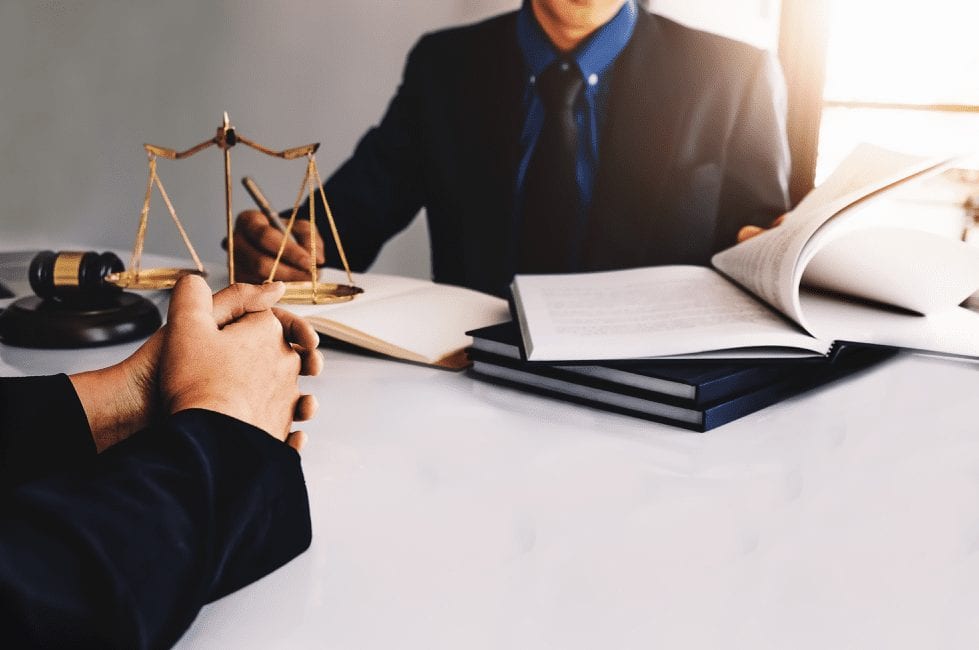When you file for Chapter 7 bankruptcy, there is a system that determines the property you get to keep and that which will be sold to pay your debts. You may get to keep your home, car, and other valuable personal assets during and after the bankruptcy process. Nonexempt property will be sold by the trustee so unsecured creditors can be paid. With Chapter 13 bankruptcy, exemptions are used to determine how much you’ll ultimately owe unsecured creditors.

The bankruptcy process is complex. A Los Angeles bankruptcy attorney can help you through exemptions, because the laws regarding bankruptcy exemptions differs in each state. In most states, you’re required to use them. Some require debtors to choose between the state exemption system and federal bankruptcy exemptions. However, California does not and has two sets of state exemptions of its own.
These two systems cannot be mixed and matched; you must choose one or the other. The systems employed in the state include:
California Bankruptcy Exemptions – Section 704
Each spouse can claim the full amount of each exemption (doubling) if married or filing jointly. Section 705 covers homestead, or real/personal property such as a condominium, community apartment, mobile home, or boat, up to $175,000 depending on your situation. Exempted personal property may also include a lost, destroyed or damaged motor vehicle, which cannot be doubled.
Food, clothing, appliances, furnishings, jewelry, Social Security Administration payments, and 75% of wages paid within 30 days prior to a bankruptcy filing can be exempt. You may also include 401(k)s and other tax-exempt retirement accounts, IRAs and Roth IRAs up to a certain amount, public/private retirement benefits, and government pension plans, as well as matured life insurance and unemployment/disability/health benefits.
California Bankruptcy Exemptions – Section 703
Exemption amounts cannot be doubled by spouses. These may include real or personal property the debtor lives in, including co-ops, up to $26,800; personal property such as motor vehicles, burial plots (used only instead of homestead), clothing, appliances, furnishings, musical instruments, and jewelry; and pensions. Public benefits, alimony and child support, and insurance may be exempt under Section 703 as well.
How Do I Use a Bankruptcy Exemption?
If the exempted property is worth equal to or less than the available exemption amount, you retain ownership of it. If the state’s vehicle exemption is $5,350 and your car is worth $4,000, you’ll get to keep it under Chapter 7 bankruptcy. But if your car is worth more than the limit, the bankruptcy trustee will sell it to pay off your car loan. You’ll have to pay the remainder towards the exemption and what is owed to unsecured creditors. Also, there are often costs incurred for selling your property, meaning a trustee have nothing left to pay creditors after selling a personal item (property abandonment). The property then goes back to anyone with the legal right to possess it.
With Chapter 13 bankruptcy, you cannot exempt an asset in a liquidation chapter, and your nonexempt assets won’t be sold in a repayment chapter. You pay the nonexempt portion of your debt to creditors through a 3- to 5-year repayment plan.
Speak with an Oaktree Law Attorney Today
At Oaktree Law, you can entrust a Los Angeles or Orange County bankruptcy attorney to provide the bankruptcy services you need. We work with clients to find the right options and make best decisions, including how to use bankruptcy exemptions to your advantage. To get started, contact us online, call 562-219-2979, or submit a request for a free evaluation.